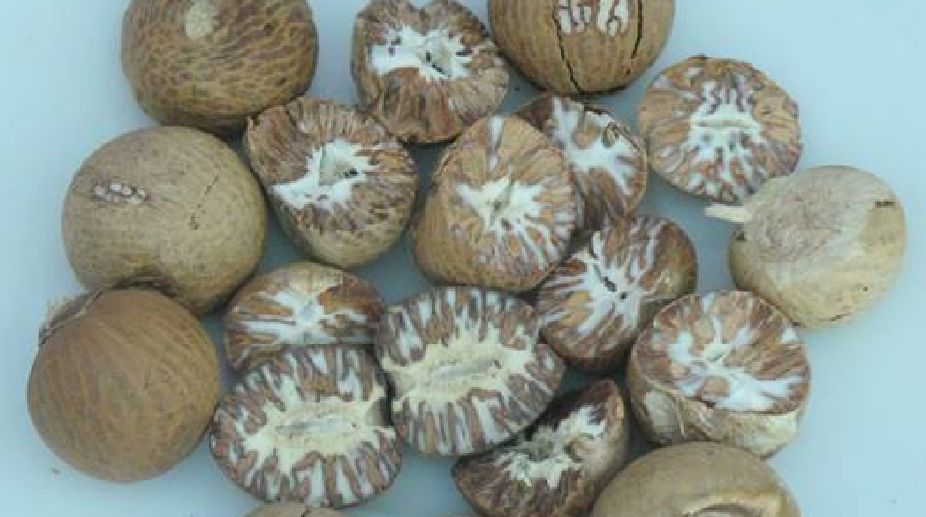India faces the challenge of over 0.5 million new oral cancer cases, one of the root causes of which is the chewing of betel leaf, areca nut and tobacco. This is a staggering amount, which can be prevented by just the elimination of a habit.
And an important aspect of prevention is timely detection. The Department of Biotechnology of India, Centre for Cellular and Molecular Platforms (C-CAMP) with the support of Team Finland and collaborating local partners, has launched a long-term collaboration project to validate and bring to the market a saliva-based oral cancer screening method developed by the Finnish company Aqsens Health.
Remote health monitoring is becoming an increasingly important area for national healthcare, especially for countries with a large population or national diseases.
Advertisement
Having a cost-efficient and mobile method to screen and monitor diseases like oral cancer will have a significant impact, both on the humanity level and also socialeconomically.
"At Aqsens Health, we have developed a unique method that holds a promise to meet all critical elements of sensitivity, non-invasiveness, and mobility, in addition to being offered at an affordable cost – an absolutely vital aspect. The technology originates from University of Turku, and it has been further developed to meet these very special requirements. With this final step, we aim to bring it fully to India" says Aqsens Health Chairman Timo Teimonen.
So, how did this innovation come about? Professor Pikka Haenninen, Head of the Laboratory of Biophysics at the University of Turku, is the mastermind behind this brilliant idea. Haenninen started to work on non-specific detection methods: that is, looking at other means for detection besides specific chemicals and bio-markers.
He and his team realised that one can actually accomplish the same by creating a fingerprint or a signature using the TRF method. Aqsens then conducted over 500 tests in India and proved that the method can, indeed, identify oral cancer indicators from the mouth rinse. Additionally, the E-TRF method (by Aqsens; sensitivity, accuracy and repeatability) has been proven in many other applications too.
Ambassador of Finland to India Nina Vaskunlahtii has expressed her satisfaction at the materialisation of this important project: "I am happy to see how India and Finland can collaborate in a mutually beneficial and concrete manner, and especially in an area which both countries find exceptionally important and interesting: remote health monitoring. In this collaboration, there is one other interesting aspect ~ a start-up contributing on a socio-economical scale and working with highly respected parties like the Department of Biotechnology in India and other excellent Indian partners.
This is all a reflection of a Finnish start-up culture and I hope it will encourage similar collaborative projects in both directions."
As part of the future developments envisaged, Aqsens ETRF method has exceptionally wide applications, but the focus will purely remain on Health and Life Science, and the first priority will be on saliva-based screening/monitoring applications.
Preliminary tests on urine and breath suggest that these may be other sources for screening changes in the human body.
These areas offer areas of potential as far as joint research programs, with advanced research teams, are concerned. As someone said so aptly "The science of today is the technology of tomorrow."
Advertisement











